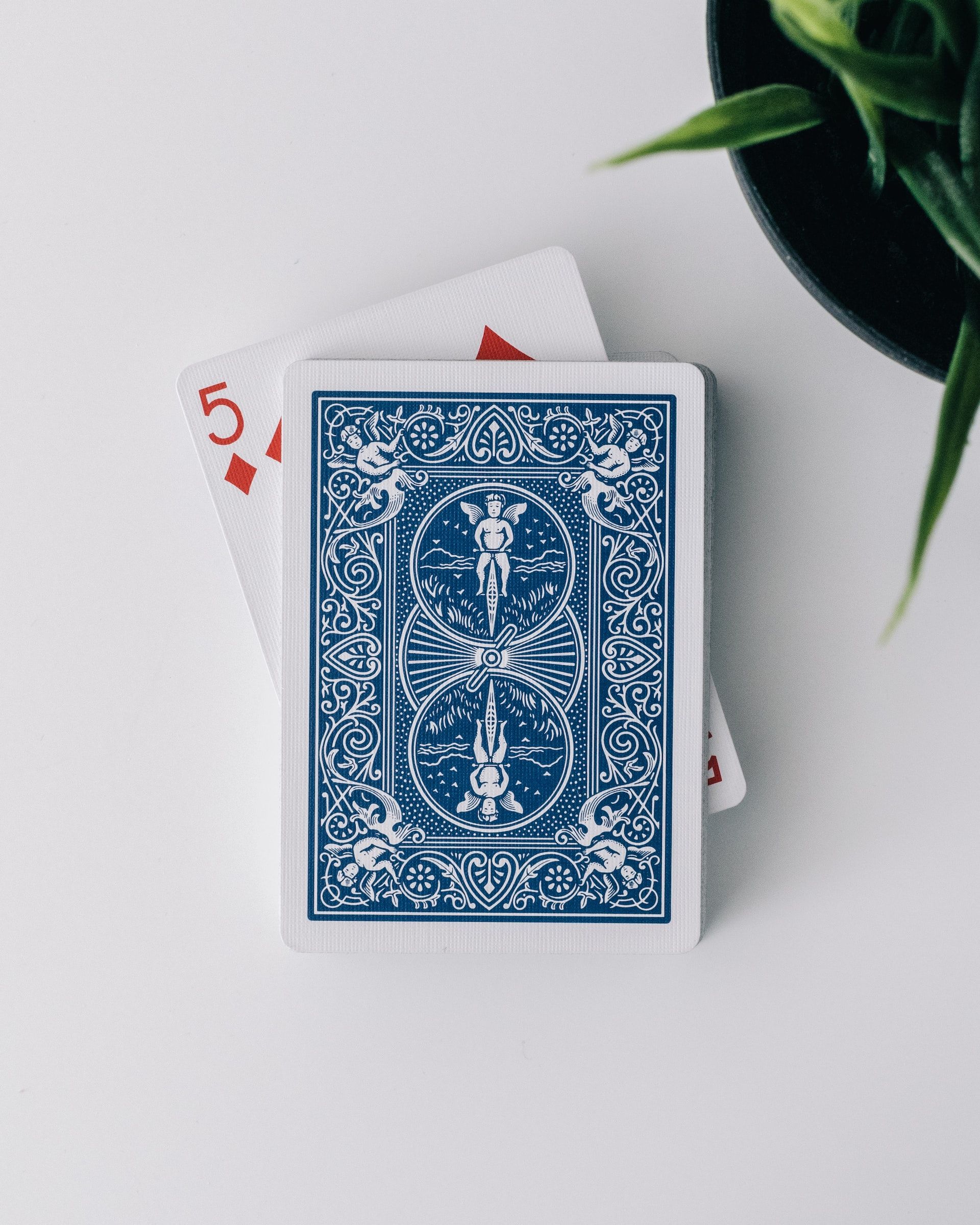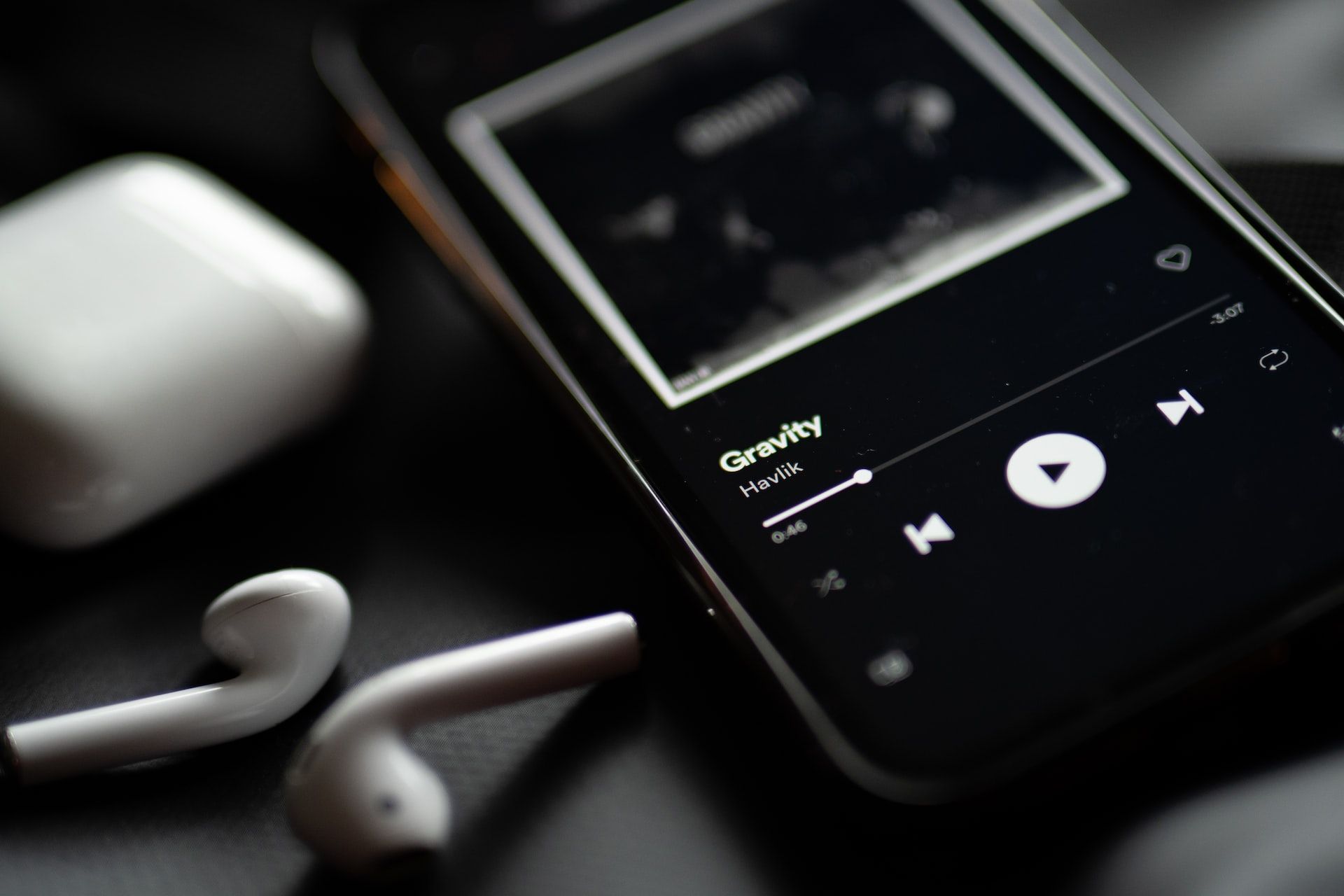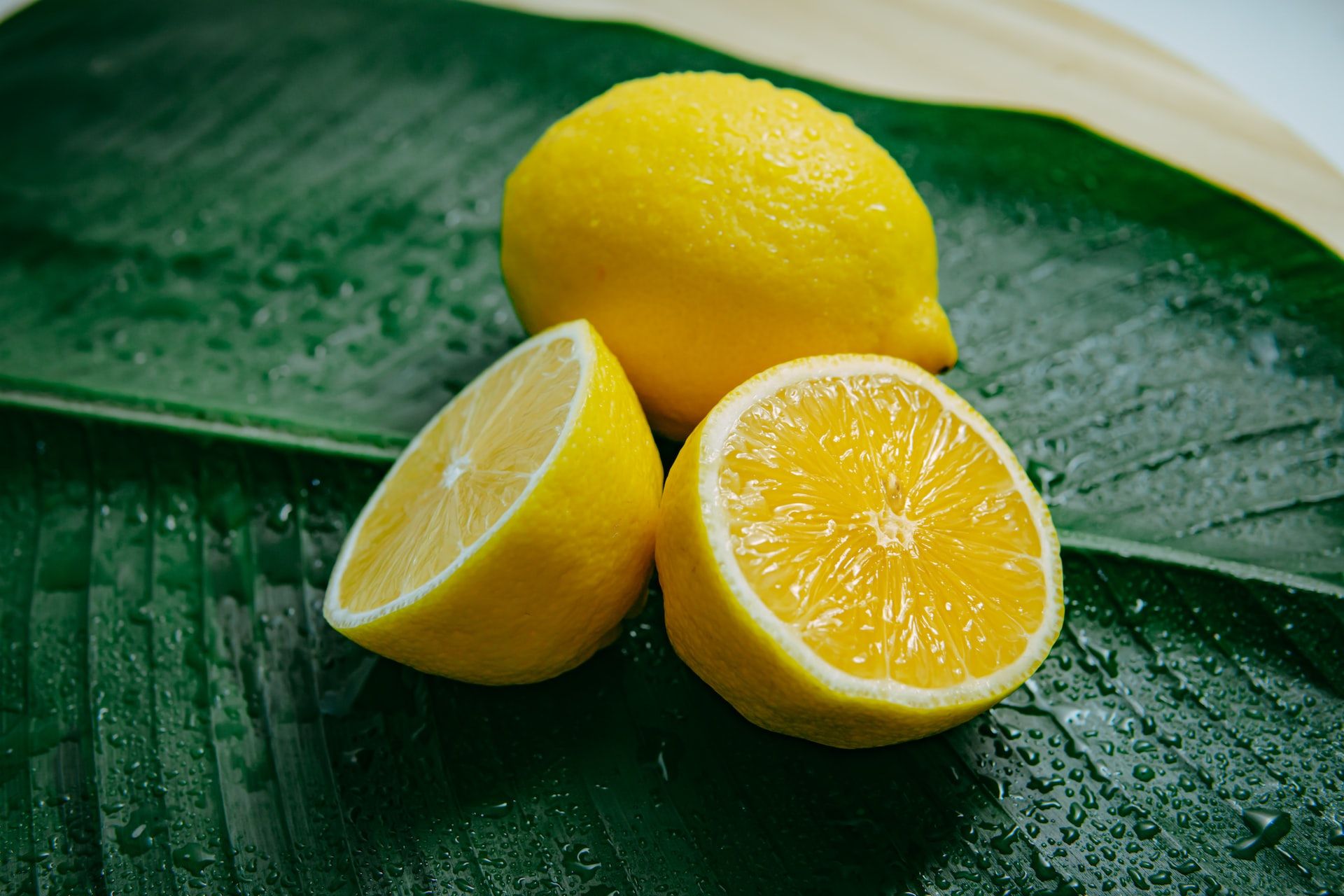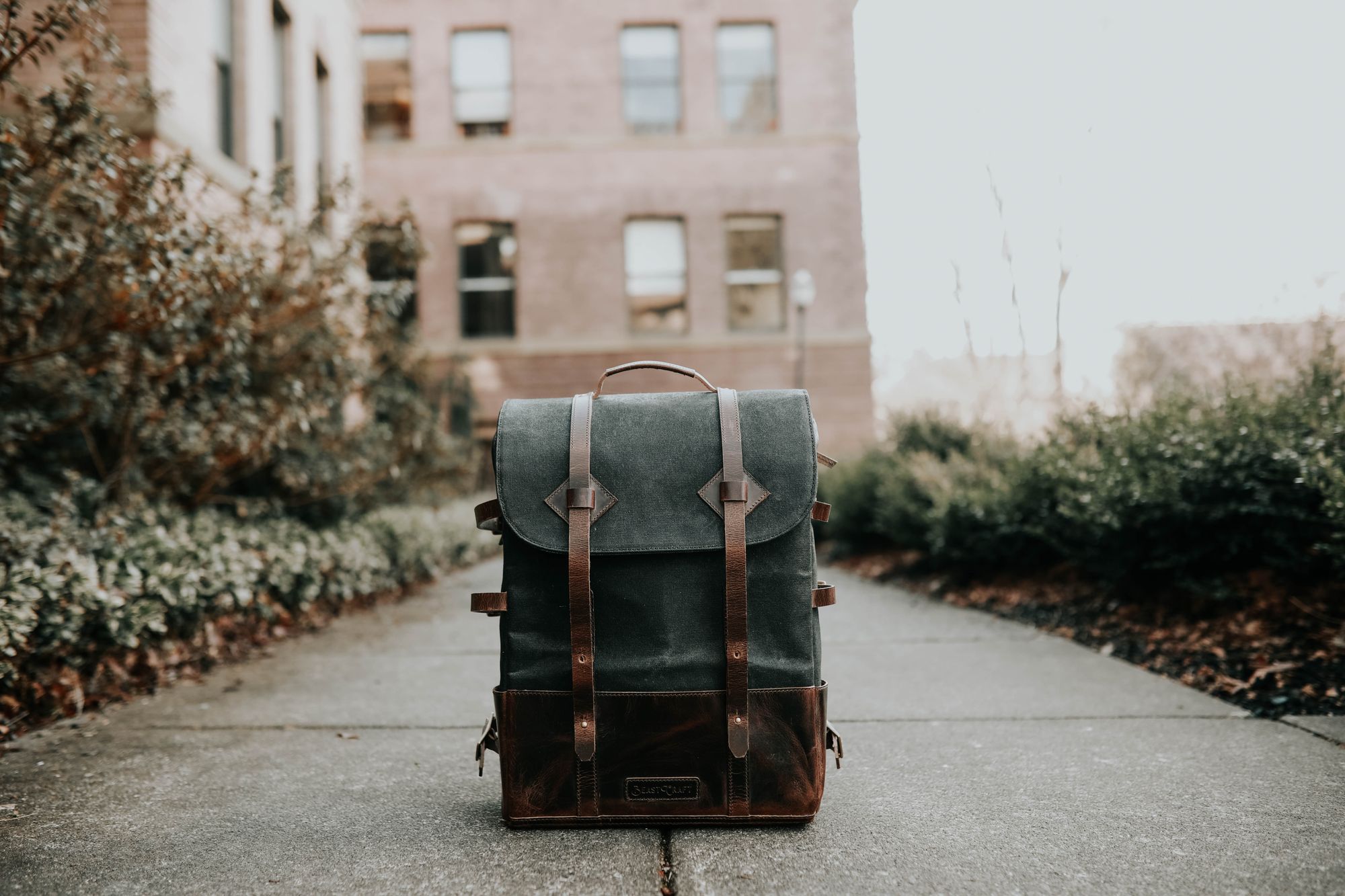8 unconventional (yet important) tips to improve your grades [#8]
Most productivity tips are all the same – these aren't.
![8 unconventional (yet important) tips to improve your grades [#8]](/content/images/size/w1200/2023/06/crystal-berdion-2_ciDR6nRfw-unsplash.jpg)
Hi, I’m Nathan!
I’m a junior at a crazy cool high school, which has an incredible academic program. With a lot of hard work, I’ve scored a 1550 on the SAT and earned all As on my high school transcript. In this article, I’ll share some tips to help you do the same.
In my ~2.5 years of high school, I’ve learned the best methods to get better grades in less time – or what most people would call “productivity.”
Unsurprisingly, there are a ton of productivity guides out there and, unfortunately, 95% of them all say the same few things. This article will cover eight unconventional tips (that you hopefully haven’t heard of) that’ll help you get more schoolwork done in less time.
1. Replace Your Phone with a Deck of Cards

Quick observation: basically every productivity guide ever will include the words ‘remove distractions’ or ‘put your phone in another room’ or something similar.
Those people definitely aren’t wrong! But I’ve found a more effective technique: keep a deck of cards next to your desk instead of your phone. They’re easy to fidget with, but aren’t distracting in the same way that phones are – your cards won’t show you notifications or allow you to surf Instagram or TikTok.
Having a small distraction (rather than a large distraction) can be a stepping stone to the ideal world of no distraction. (And, by the way, I love this deck of cards from Theory11 – they are James Bond-themed cards!)
2. Don’t Overcomplicate Your Note-Taking System

Have you been on the internet recently? No? Okay, type in “pretty notes” into your browser and look at the images tab.
You’ll likely see very “aesthetic” notes full of colors and fancy handwritten fonts. Seems like creating well-organized, aesthetic notes would make reviewing your notes (and therefore studying) easier, right?
Wrong! Popular study techniques like rereading and highlighting are largely ineffective, and some people run into the simple trap of taking far too long to create pretty notes. If creating 1 page of pretty notes takes 6 times as long as creating 1 page of scrabbly yet legible notes, you should definitely choose to take scrabbly notes.
And by all means, you should make your notes detailed and organized – but not at the expense of time. By taking more efficient notes, you’ll spend less time studying.
I’m a straight-A student, and I only use two notebooks and one pen. I use this inexpensive graph-ruled notebook, this high-quality ring-bound notebook, and these wonderful black pens.
3. Create a Fire Playlist

I don’t love lofi, since it makes me want to fall asleep. If you love lofi, great! Use it as a work playlist.
But if you need something that gives you a bit more fire and energy, I’d recommend listening to artists like Daft Punk or Kubbi. I love these artists, as they make songs with spectacular melodies and minimal lyrics.
I don’t like listening to music with lyrics, as it tends to distract me – unless I’ve played the song so many times that I don’t even think about the lyrics. And, finally, you should avoid playing music whenever you’re doing something that requires an extreme amount of attention and/or energy, because you want to remain very focused.
4. Make a Thinking Vault

You may be thinking: “Nathan, what is a thinking vault?”
I’m glad you asked! A thinking vault is:
- A Google Doc, Notion page, notebook, piece of paper, or anything that can store writing, and
- A place where you write down all of your assignments, deadlines, and other things related to school.
How do you use a thinking vault?
Whenever you have an important thought, like, “Oh, that history paper is due in a week,” or, “I should tell my teacher that I’ll be absent this Friday,” or “I really need to do this [insert thing],” immediately write it down in your thinking vault!
Keep it in your thinking vault until you resolve it (finishing the paper, telling your teacher, etc.) – then you can remove it. But why are thinking vaults so useful?
Well, by consolidating everything school-related into one place, you can rest assured that you won’t miss any deadlines or assignments. Additionally, a thinking vault does wonders for your peace of mind – since everything you need to do is in one place.
5. Learn to Type Faster

This is something that a lot of people overlook.
If you spend 1 hr/day typing (a relatively conservative estimate) and double your typing speed, you’ll save 30 min/day. If you type 45 WPM (words per minute; like most people do), doubling your speed only requires you to get to 90 WPM – an achievable outcome if you spend 15-20 hours practicing your typing.
What could you do with 30 min/day of extra time for an entire year?
- You could watch all eight Harry Potter movies – nine times.
- From Times Square, NYC, you could walk all the way to the White House in Washington, DC – and back.
- You could read twenty-two 300-page novels (assuming average reading speed).
What would you do with all of that extra time?
(For a more detailed version of this tip, look here.)
6. Use the Lemon Rule

Here’s a great rule for task prioritization:
- If you’d rather eat one full half of a lemon (peel included) instead of doing a task, place that task in List A.
- If you’d rather do a task instead of eating one full half of a lemon (peel included), place that task in List B.
And there you go! You should work on the tasks in List A before you work on the tasks in List B. This is because it’s important to tackle the most important and difficult tasks first. This prioritization method is very simple – you only need to determine whether any given task falls in List A or List B.
This method is effective because lemons are really sour, and so your brain has a comprehensive grasp of the consequences of eating half a lemon. This makes it easy for your brain to determine the relative difficulty of any given task.
7. Organize Your Bag

To optimize your productivity, you should aim to eliminate unnecessary friction. One large cause of unnecessary friction is insufficient organization – ie. not having a consistent place for all of your important work-related items.
Every single day before I head to school, I count the 12 items in my backpack – and they all have their own designated place. Once I get to school, it takes me almost no time to unpack them, which is awesome!
If you consistently organize your things, you’ll spend more time thinking about the things that actually do matter – not worrying about if you left your pen at home, forgot to refill your water bottle, or cannot find your computer.
8. Work Hard, Play Hard

If you’re going to relax, don’t try to get any work done while you are relaxing. There is a time and a place for both productivity and relaxation.
Cheetahs are the fastest land animals on earth – they can reach speeds of up to 70 mph (110 kmh) when they sprint. Cheetahs also spend most of their time sleeping. Despite their apparent laziness, they can catch large prey like gazelles and antelopes.
I think we can all learn something from cheetahs – they work really hard for short, focused periods of time and then rest. You should do the same: spend 3-4 hours in the morning (or whenever you are most productive) doing your most important work.
But you should always remember to rest. No one can be productive every moment of the day. So get some good work done, but also – and this is cliché – remember to take care of yourself.
Conclusion
I hope that you discovered at least one or two new tips in this article! While there’s no magic bullet to achieving better productivity, you can try out the tips above.
Four of these tips (#1, #3, #6, #7) can be accomplished easily if you give a single burst of concentrated effort. I would encourage you to try out some of the tips and see if they work for you!
![5 habits to start in 2024 [#51]](/content/images/size/w960/2023/12/prophsee-journals-WI30grRfBnE-unsplash.jpg)
![Anki is quite possibly the best app to ever exist [#46]](/content/images/size/w960/2023/11/gabriel-beaudry-5X5dCf4Pp44-unsplash--1-.jpg)
![A dead simple student productivity system with only 4 components [#43]](/content/images/size/w960/2023/10/matt-ragland-02z1I7gv4ao-unsplash.jpg)
![The tools I use to score well on my APs [#28]](/content/images/size/w960/2023/07/28-feature.jpeg)